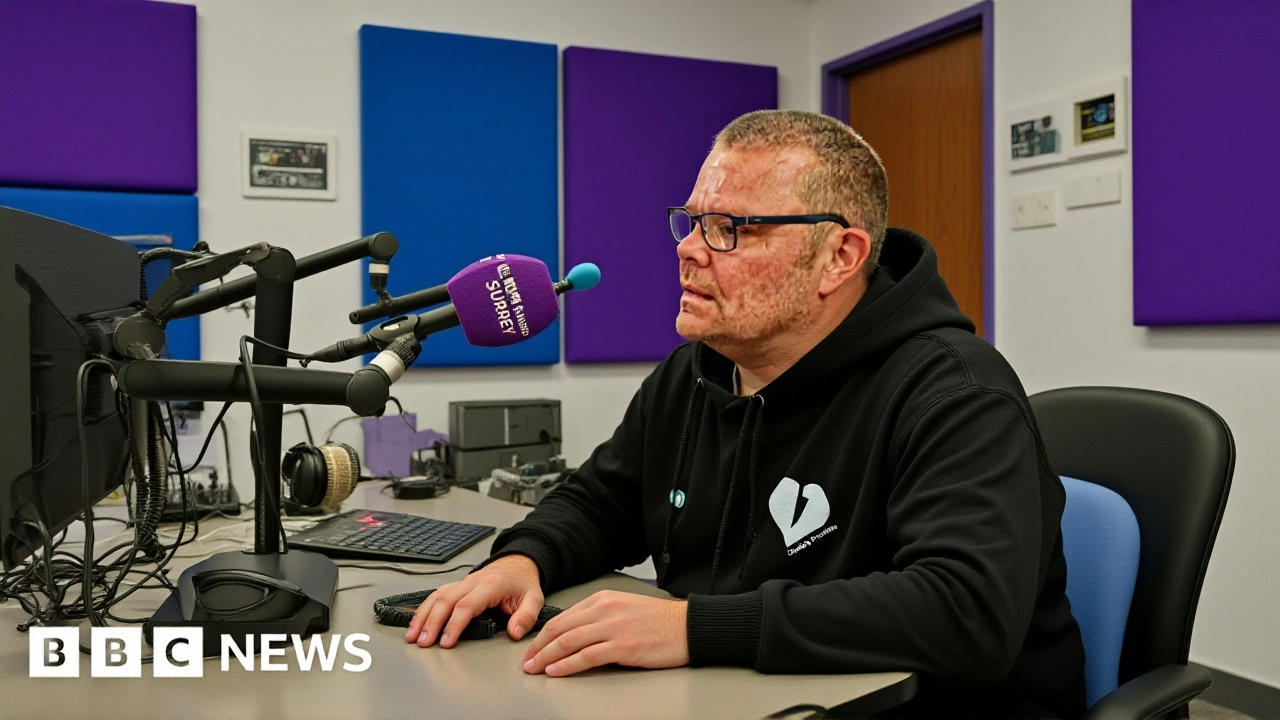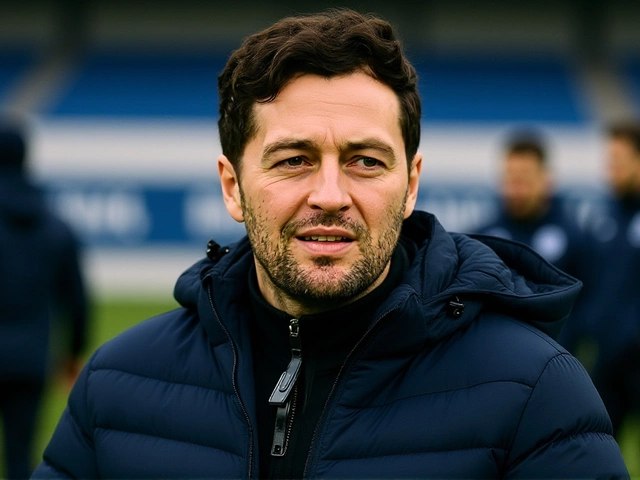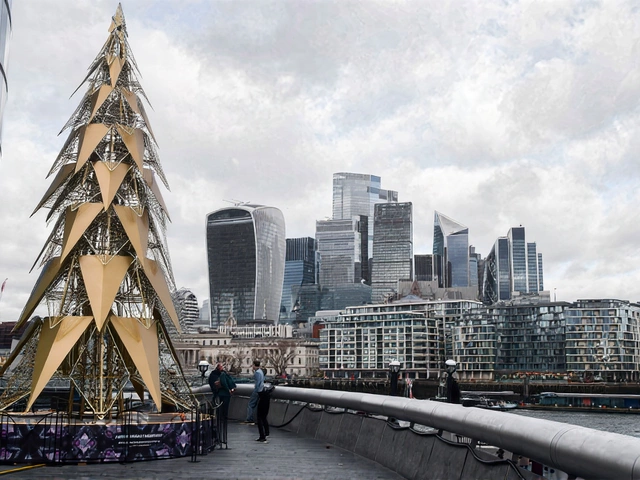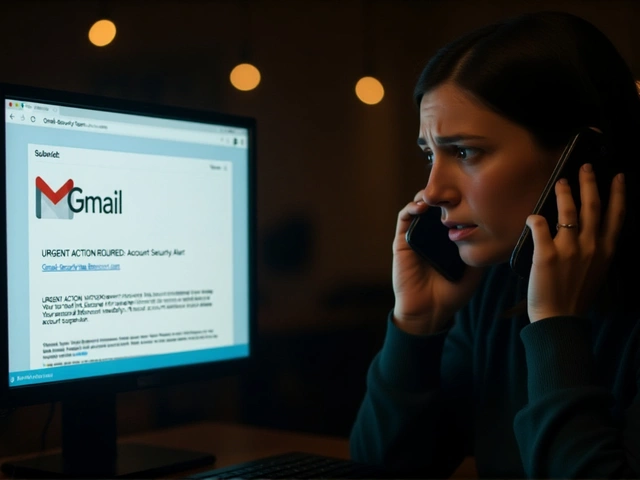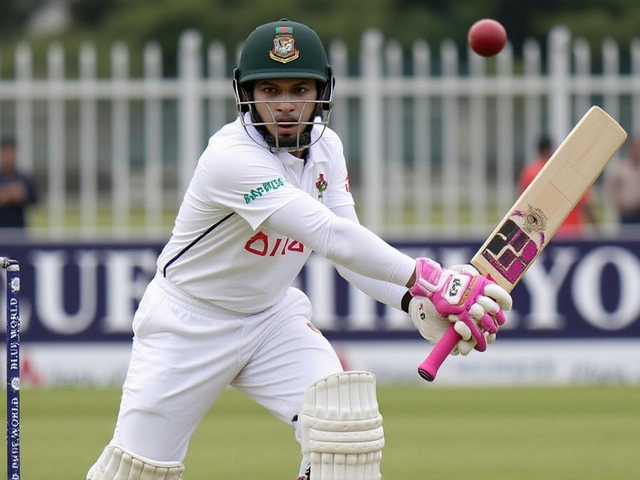When Martin Cosser stood before a room of UK officials last year, he didn’t bring statistics or policy papers. He brought grief. His 17-year-old son, Charlie Cosser, had been stabbed to death in July 2023 — a life cut short in a moment that echoed across too many British neighborhoods. What followed wasn’t just mourning. It was a quiet, relentless campaign to make sure no parent had to feel what he felt. And for the first time, the United Kingdom government listened — not as a political gesture, but as a reckoning.
When grief becomes a call to action
Martin Cosser didn’t set out to be a campaigner. He was a father. A man who woke up one morning and lost his son to a knife wound — no warning, no confrontation, just a senseless act that left a family shattered. The details of where it happened, which city, which street — none are publicly known. But the date is etched in his memory: July 2023. That’s when Charlie Cosser died. And that’s when his father’s fight began.His story surfaced in a raw, unfiltered YouTube video, where he speaks directly to the camera, voice trembling but clear: "I just want people to know what happens when a knife is pulled. Not in a movie. Not in a game. In real life. In my home." The video, titled "Father of murdered son speaks about his fight against knife crime," has become a touchstone for families grieving similar losses. It’s not polished. It doesn’t have a soundtrack or fancy graphics. It’s just a father, talking about his son.
The government’s rare moment of listening
What made Martin’s story different was that it didn’t fade into the noise. In a quiet government event held in London — though the exact date and venue remain unpublicized — United Kingdom government officials gathered three people with lived experience of knife crime. Martin was one. The others? Their names aren’t known. But their pain was.The official gov.uk article, published under the Government Digital Service, carried the title: "When lived experience speaks, everyone listens." It was a subtle but powerful admission: policy alone isn’t enough. You need the voices of those who’ve lost children, siblings, friends. You need the raw truth that no spreadsheet can capture.
"We got to hear stories from three people with lived experience about the devastating impact of knife crime," the article read — truncated in search results, but the meaning was clear. This wasn’t a photo op. It was a rare moment of institutional humility. The government didn’t announce new funding, new laws, or even a timeline. It simply said: we hear you.
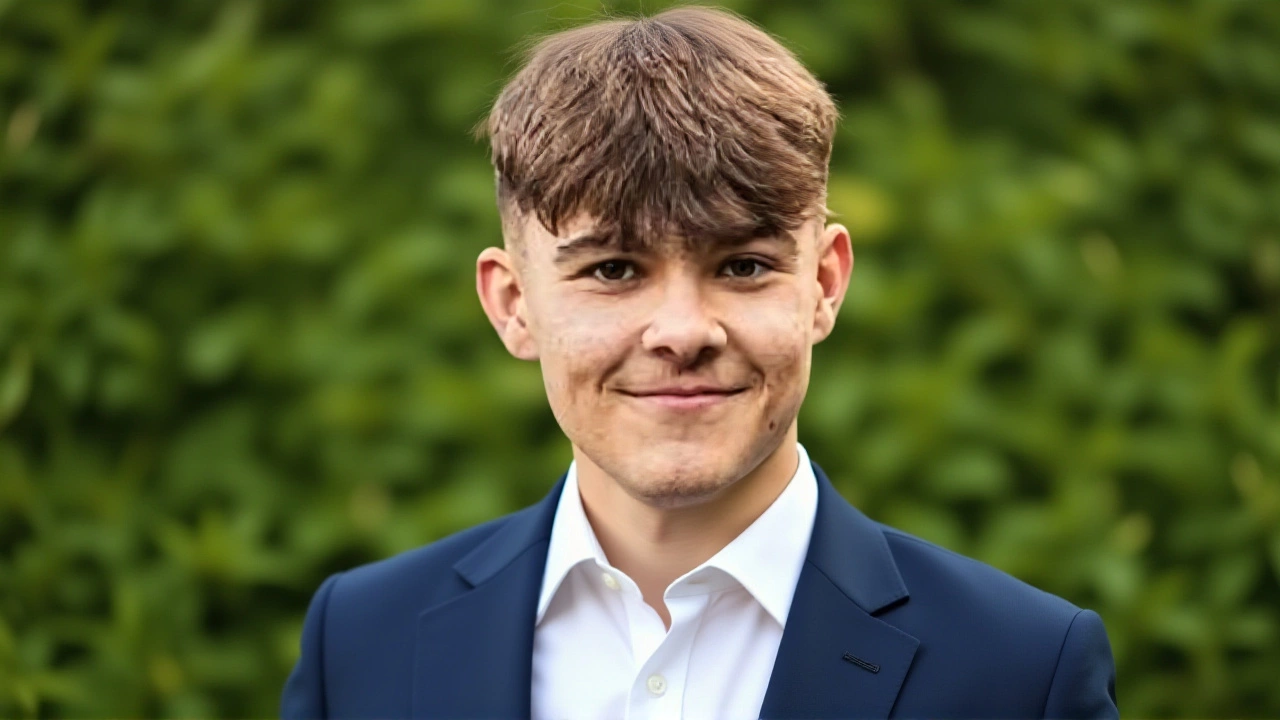
Why this matters beyond one family
Knife crime in the UK isn’t a new problem. In 2022 alone, there were 45,000 recorded offenses involving knives or sharp instruments — a 6% increase from the year before. Under-25s account for nearly half of all victims. In London, one teenager is stabbed every two days on average. But numbers like these numb us. They become background noise.Martin Cosser’s story doesn’t add to the statistics. It humanizes them. He talks about Charlie’s love of football, how he’d text his dad every night before bed, how he’d never carried a knife. "He wasn’t in a gang. He wasn’t out late. He was just walking home," Martin says. That’s the terrifying part. You don’t have to be involved to be a victim. And that’s what makes this epidemic so hard to stop.
Other countries have tried top-down solutions: stop-and-search, curfews, youth centers. Some work. Some don’t. But in the UK, there’s a growing recognition that prevention isn’t just about policing — it’s about connection. About making kids feel seen before they feel desperate. Martin’s campaign doesn’t have a budget, a website, or a team. But it has something more powerful: authenticity.
What happens next?
There’s no official roadmap. No press release announcing a national strategy born from this meeting. But that doesn’t mean nothing is changing. Behind the scenes, officials have quietly begun reaching out to bereaved families for input on pilot programs in cities like Birmingham, Manchester, and Bristol. One senior civil servant, speaking off-record, said: "We used to think we needed data to act. Now we know we need stories to understand the data."Martin hasn’t stopped. He speaks at schools. He meets with local councils. He’s started a small Facebook group for parents who’ve lost children to violence — over 2,000 members now. He doesn’t call it a campaign. "I’m just trying to keep Charlie’s name alive," he says. "If one kid thinks twice before picking up a knife because of what happened to him… then it was worth it."

The quiet revolution of lived experience
This isn’t about politics. It’s about humanity. The United Kingdom government didn’t need to endorse Martin Cosser. They didn’t have to give him a platform. But they did — because his pain was too loud to ignore. And in doing so, they signaled a shift: when families speak, institutions must listen. Not because it’s convenient. But because it’s right.There are no easy answers. No silver bullets. But maybe, just maybe, the first step is stopping the silence. And Martin Cosser? He’s not stopping.
Frequently Asked Questions
How did Martin Cosser’s advocacy begin after his son’s death?
Martin Cosser began speaking publicly after his 17-year-old son Charlie was murdered in July 2023. He shared his story in a YouTube video and later at a UK government event focused on lived experience of knife crime. His goal, as stated in the video, was to spread awareness — not through policy demands, but by personal testimony about the irreversible loss of a child to senseless violence.
What role did the UK government play in amplifying his message?
The UK government featured Martin Cosser in an official news article on gov.uk, highlighting his story alongside two other bereaved individuals as part of a broader recognition of lived experience in policy discussions. While no new laws or funding were announced, the inclusion signaled a shift toward centering family voices in public conversations about youth violence — a rare move of institutional acknowledgment.
Why is the term ‘lived experience’ significant in this context?
‘Lived experience’ refers to firsthand, personal encounters with trauma — in this case, losing a child to knife crime. It contrasts with data-driven or theoretical approaches to violence prevention. The UK government’s use of the term acknowledged that real change often begins not with legislation, but with listening to those who’ve been shattered by the problem.
Are there known statistics on knife crime victims in the UK?
Yes. In 2022, there were 45,000 recorded knife or sharp instrument offenses in England and Wales, a 6% rise from the prior year. Nearly half of all victims are under 25. While exact numbers for 2023 are still being compiled, early data suggests a continued upward trend, particularly in urban centers like London, Birmingham, and Manchester.
Has Martin Cosser received any formal support from authorities?
No formal funding, appointment, or institutional role has been publicly confirmed. Martin’s work remains grassroots — driven by personal grief and community outreach. However, behind closed doors, government officials have reportedly reached out to him for input on pilot programs in cities with high youth violence rates, indicating indirect influence on policy design.
What makes Martin Cosser’s campaign different from other anti-knife crime efforts?
Unlike most campaigns led by organizations or politicians, Martin’s effort has no budget, no staff, and no branding. It’s built on raw emotion and truth-telling. He doesn’t call for arrests or funding — he calls for empathy. His power lies in the fact that he’s not a spokesperson. He’s a father. And that’s why people — including policymakers — are finally listening.
